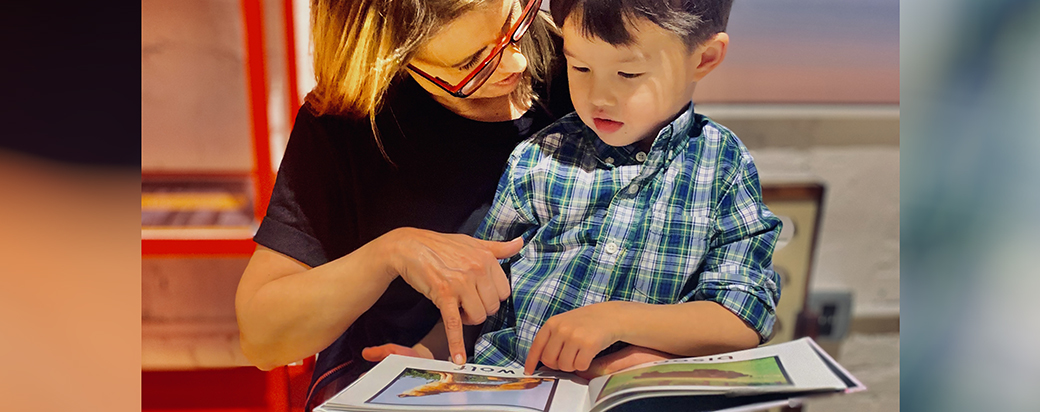
This initiative is part of the 2021-22 WISE Edtech Accelerator Cohort.
What they do
TinyIvy has created an innovative reading system to give every child an equal chance to rocket themselves into a bright future. By making reading easier, TinyIvy enables children to make more progress, faster, with fewer mistakes. This creates a positive cycle of success that can lead to a life-long love of reading.
TinyIvy’s approach can be introduced in a variety of ways: traditional learning tools such as flashcards and workbooks, as well as their interactive platform online. The aim of the TinyIvy team is to develop curriculum, technology and products so that students can learn to read faster, easier, and with more joy.
Why it matters
As a result of school closures and the realities of remote-learning over the last year, there are expected to be significant challenges ahead when it comes to increased learning gaps, especially around literacy. The disruption caused by COVID-19 will likely have the most pronounced effect on poor communities and communities of color.
In the US alone, 25% of students can’t read at basic grade-level literacy and more than 50% read below the proficient level. Even the 90th percentile of students in the US can’t read at what is considered an advanced level. There has been virtually no change in this data for the past 30 years, despite enormous dialogue, advocacy, research, and funding for improvement programs.
Literacy is the heart of the curriculum and must be given its place at its centre if we are to see a decrease in the attainment gap. For younger learners especially, solutions like TinyIvy can provide the possibility to access new stories and in turn, allow students to write new stories for their own lives: stories of growth and achievement.
Traction so far
Founded in 2019, TinyIvy has established partnerships with 11 schools across India and the US. Now TinyIvy are hoping to enter into further new partnerships within the US market and begin expanding across MENA.


